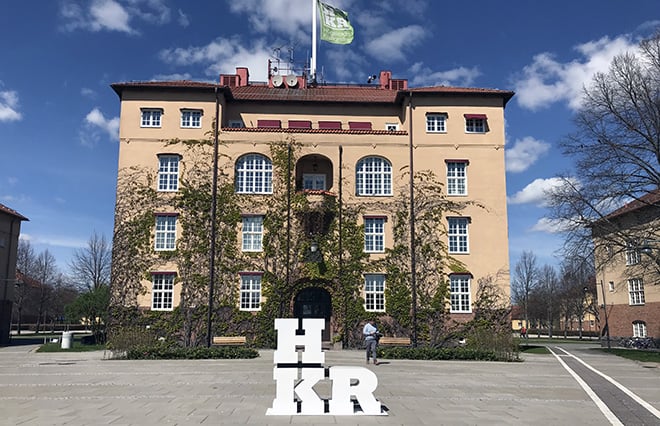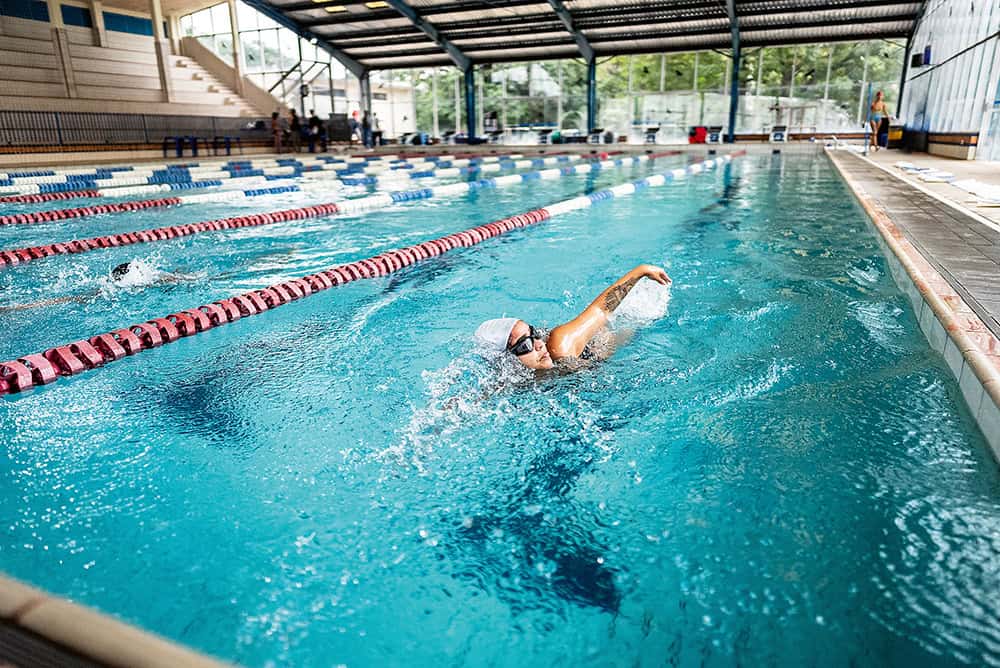The two teachers, Associate Professor Christina Lind-Halldén and Professor Christer Halldén, have been working together for many years and are also married.
“We’ve had two courses,” says Christina Lind-Halldén. “One is a genetics course and the other a cellular and molecular biology methodology course. They are both very practical. There are no textbooks for the practical components of these courses, so we spent over ten years developing a comprehensive set of materials that are adapted to the students’ needs.”
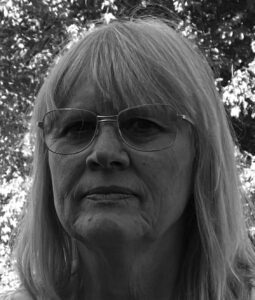
“The main benefit of this material is that it contains a lot of guidance on what the students should actually do to achieve completion as quickly and economically as possible,” adds Christer Halldén.
60 hours of video content
When the pandemic struck, the university wanted the courses to be put into digital form. The two teachers put a lot of work into digitalising the material. For one of the courses, a total of 60 hours of video material was recorded.
“We made videos and created a lot of documents, and these were posted on the course pages and the students given access to them,” says Lind-Halldén.
But before the 2022 autumn term, the couple was informed by the department management that they would no longer be teaching the two courses. “When we looked at the schedule, it was remarkably similar to the one we had when we held the courses. It was very strange that those who took over had exactly the same course structure as we had had,” says Lind-Halldén.
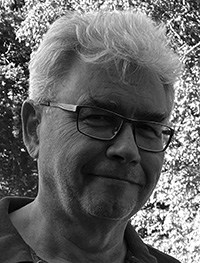
Material still being used
They requested access to the course portal to see what it contained. They discovered that much of their material was there and that the lectures listed someone else as author.
“There were some new PowerPoints with the same content as our old ones, but presented using another teacher’s voice. Our digital solutions, such as what to think about when making calculations, were used in the introductions to the courses last autumn. So we contacted Michael Svedemar at SULF,” says Lind-Halldén.
As Christina Lind-Halldén and Christer Halldén are members of different trade unions, the negotiations on behalf of Saco-S were conducted by both SULF and Naturvetarna, the union representing professional scientists.
“There was a protracted dialogue,” says Svedemar, a national officer at SULF. “There was a lot of discussion about whether the material met the threshold of originality, and the university claimed that it is standard practice there that any material that teachers publish on the learning platform may be used freely. SULF’s view was that the university had violated the teachers’ exemption regarding intellectual property rights, so we demanded compensation and damages.”
University denies wrongdoing but paid compensation
According to the minutes of the negotiation, Kristianstad University disputes that there was any copyright infringement. However, the parties reached an agreement, whereby the university paid SEK 40,000 each to the two teachers.
“On my payslip, the payment is listed as compensation,” says Christina Lind-Halldén. Additionally, the settlement stipulates that the material may no longer be used in education at the university.
“The fact that the teachers received compensation indicates in a sense that the university admits that it was in the wrong,” says Svedemar.
University declines to comment
Universitetsläraren has contacted Kristianstad University, but no official comment has been issued.
“We don’t usually comment on individual HR matters,” wrote university director Åsa Vännman in an email. “Since this is such a matter, we will not be giving any interviews either.”
Alongside the issue of copyright infringement, there is a practical pedagogical consequence.
“It is a huge problem to take over someone else’s material if you don’t have the skills to explain the content clearly and effectively,” says Lind-Halldén, and she points out that the pass rate on the courses’ regular exams has fallen.
Universitetsläraren has requested the student completion rate statistics for both courses, and these show a decrease from 80 to 60 per cent on one course and from 88 to 66 per cent on the other, compared with when Christina Lind-Halldén and Christer Halldén taught them.
“Then we noticed that our laboratory records had also been changed so that in some cases there were errors in them,” says Lind-Halldén.
“The teacher exemption applies”
This case underlines the importance of making clear agreements between the university and teachers about how materials may be used, says Michael Svedemar. “As long as there is no other specific agreement regarding intellectual property rights, SULF’s position is that the long-established teacher exception applies. This means that the material belongs to the teacher or teachers who created it and no one else. Then we won’t have this type of problem.”
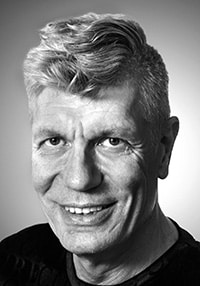
But even if the university has acknowledged “in a sense” to Christina Lind-Halldén and Christer Halldén that it acted improperly, it has come at a high price.
“It’s in your head all the time,” says Lind-Halldén. “It’s terrible. Had we known this would happen, we would never have made the videos in the first place. We would never have posted the material online. That meant that our employer was able to take the material and then use it.”
Christina Lind-Halldén is now on sick leave and Christer Halldén has chosen to accept a severance payment from the university to terminate his employment.
